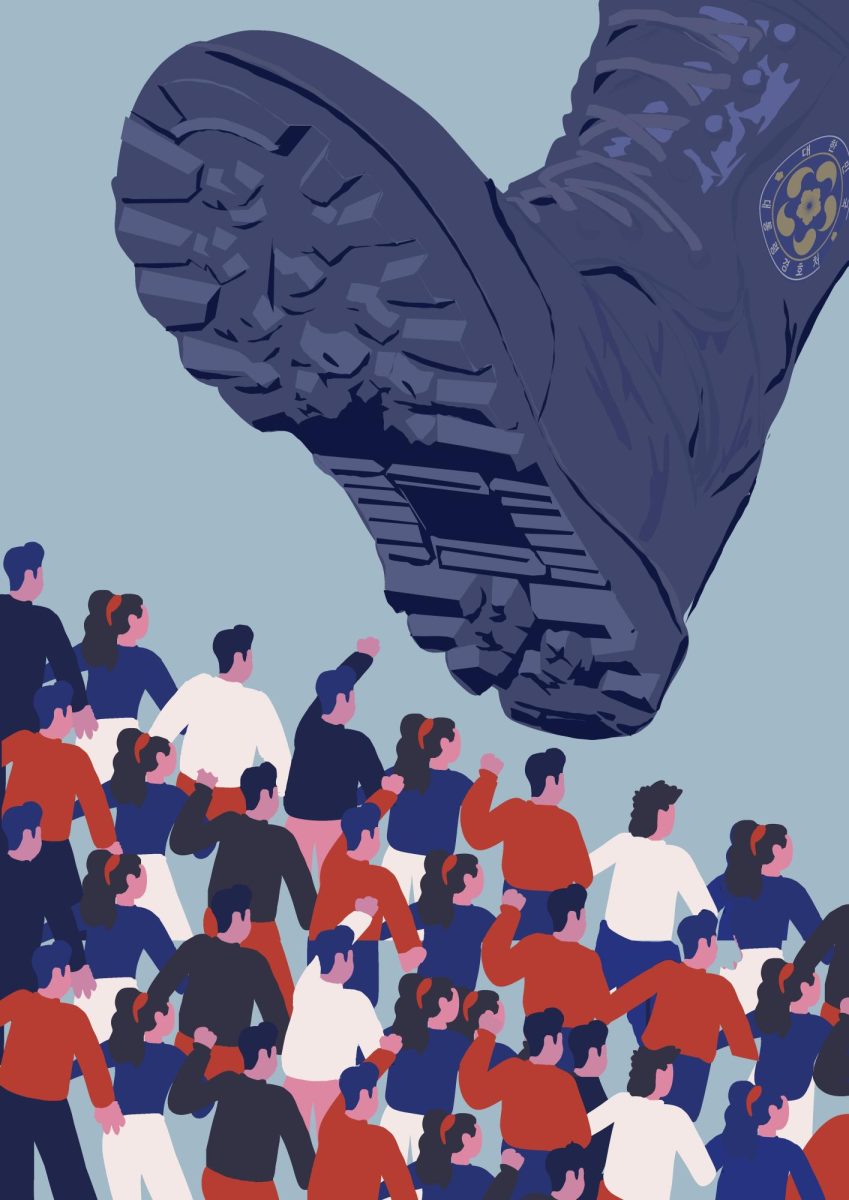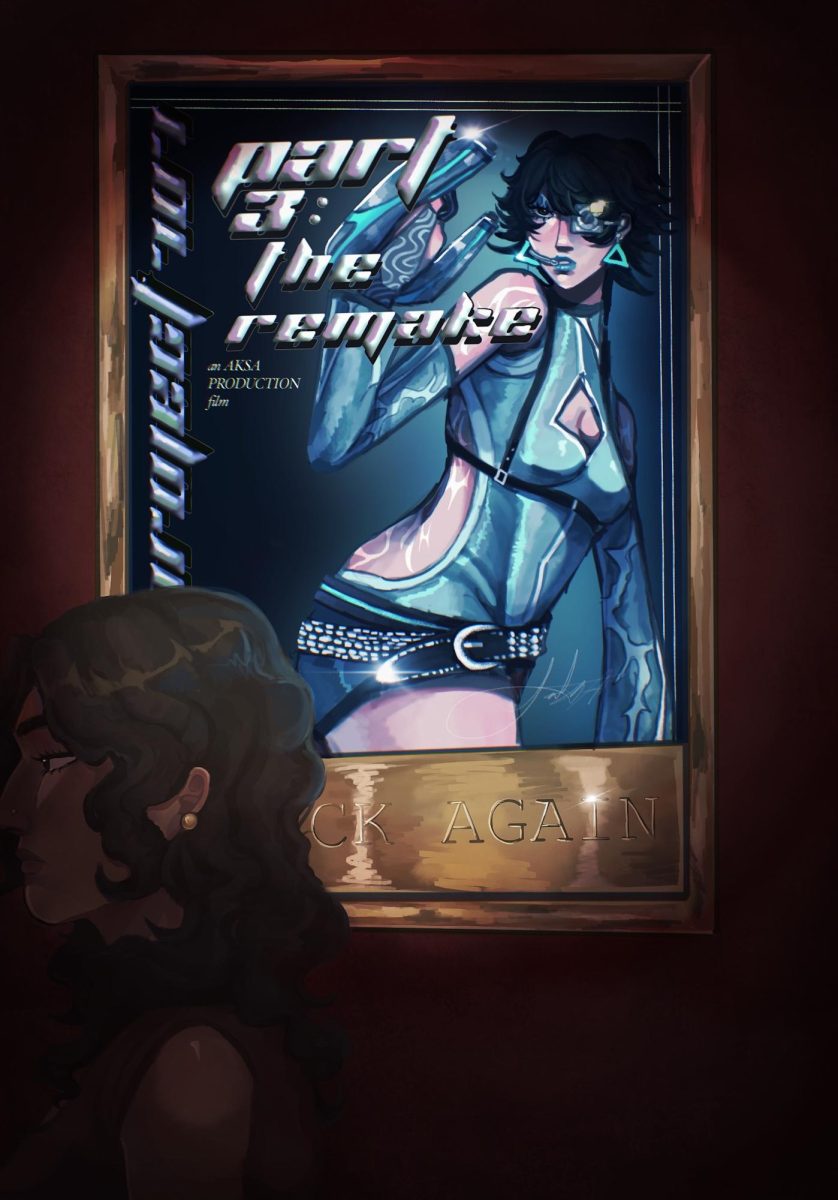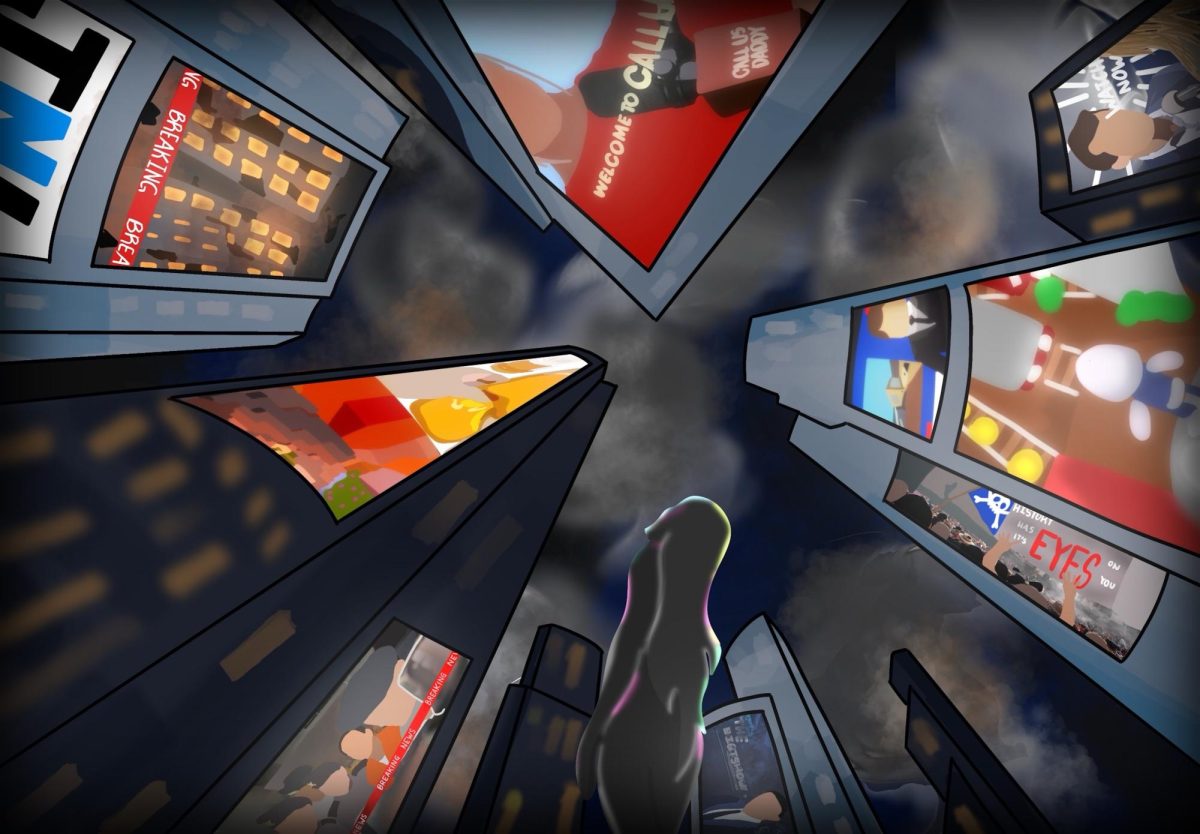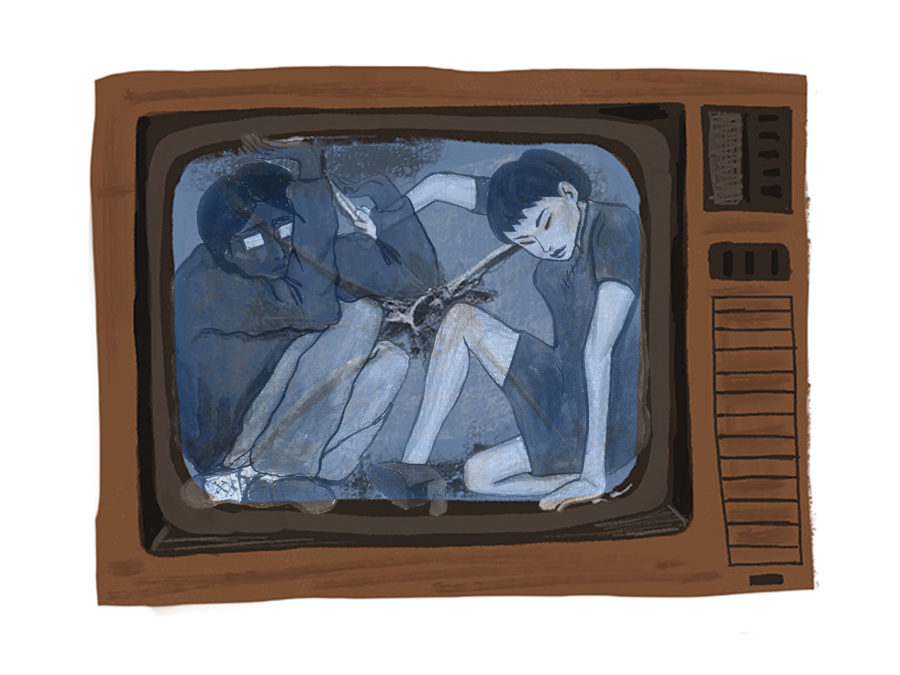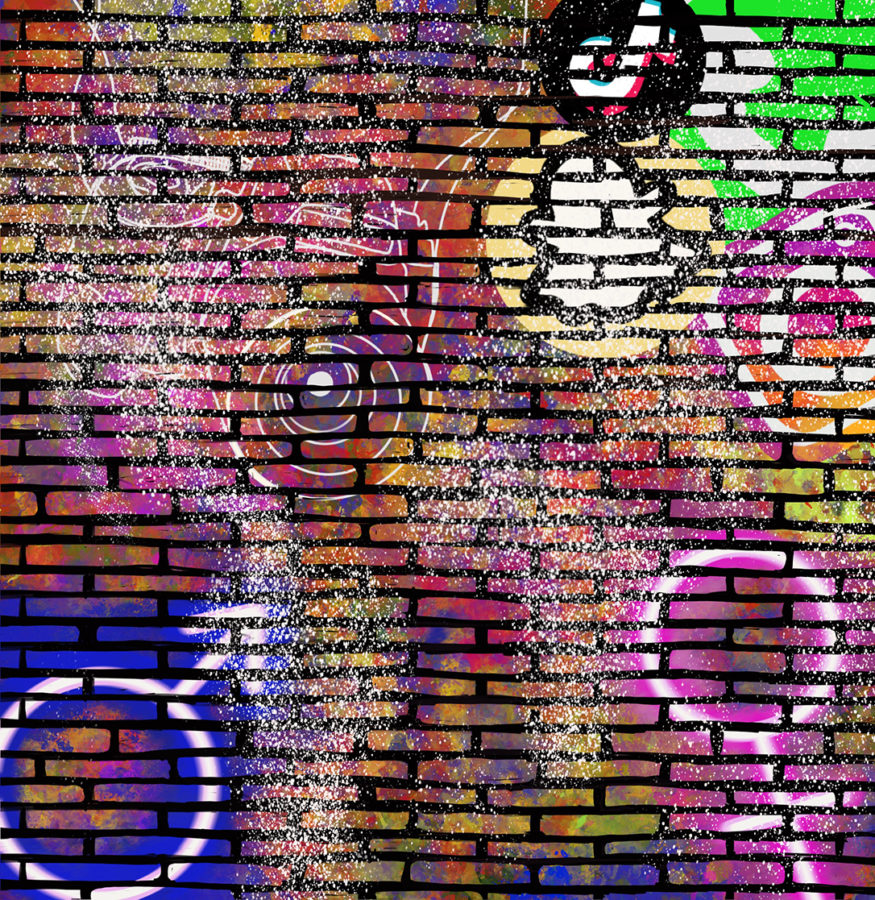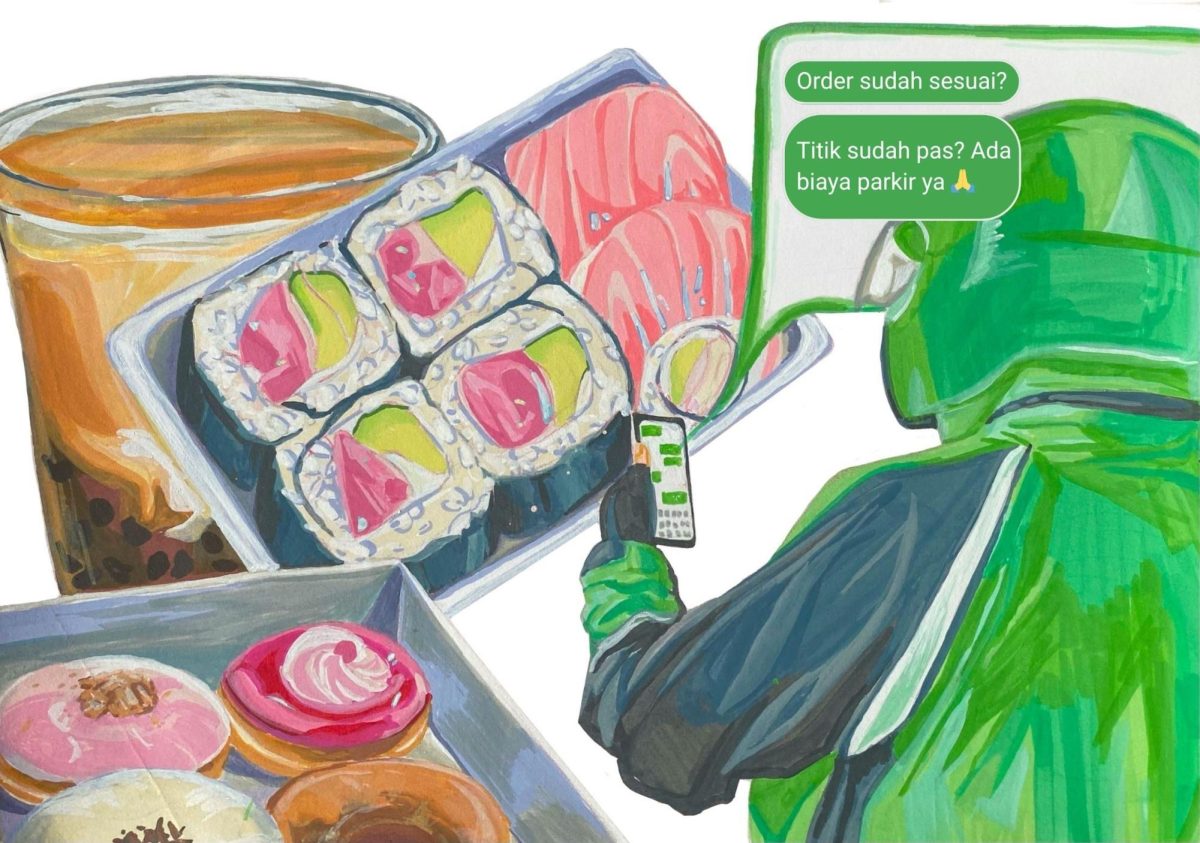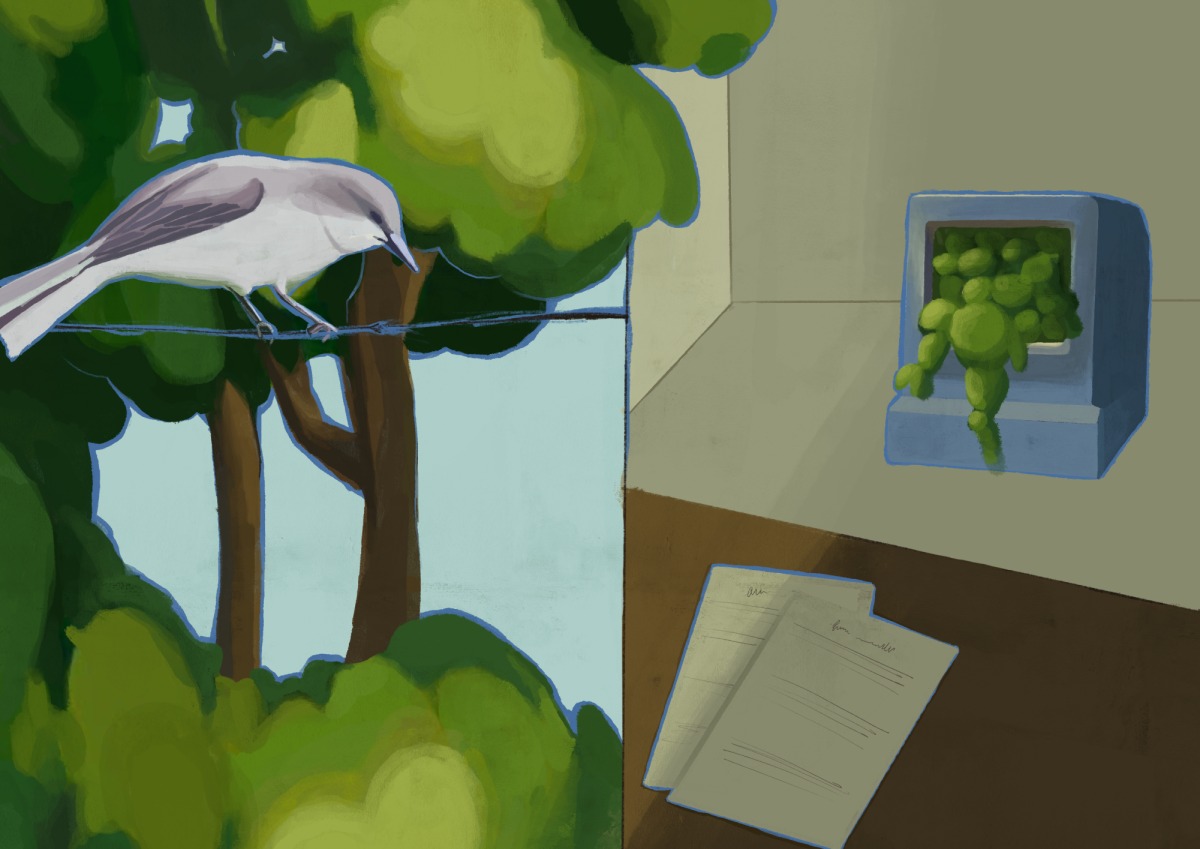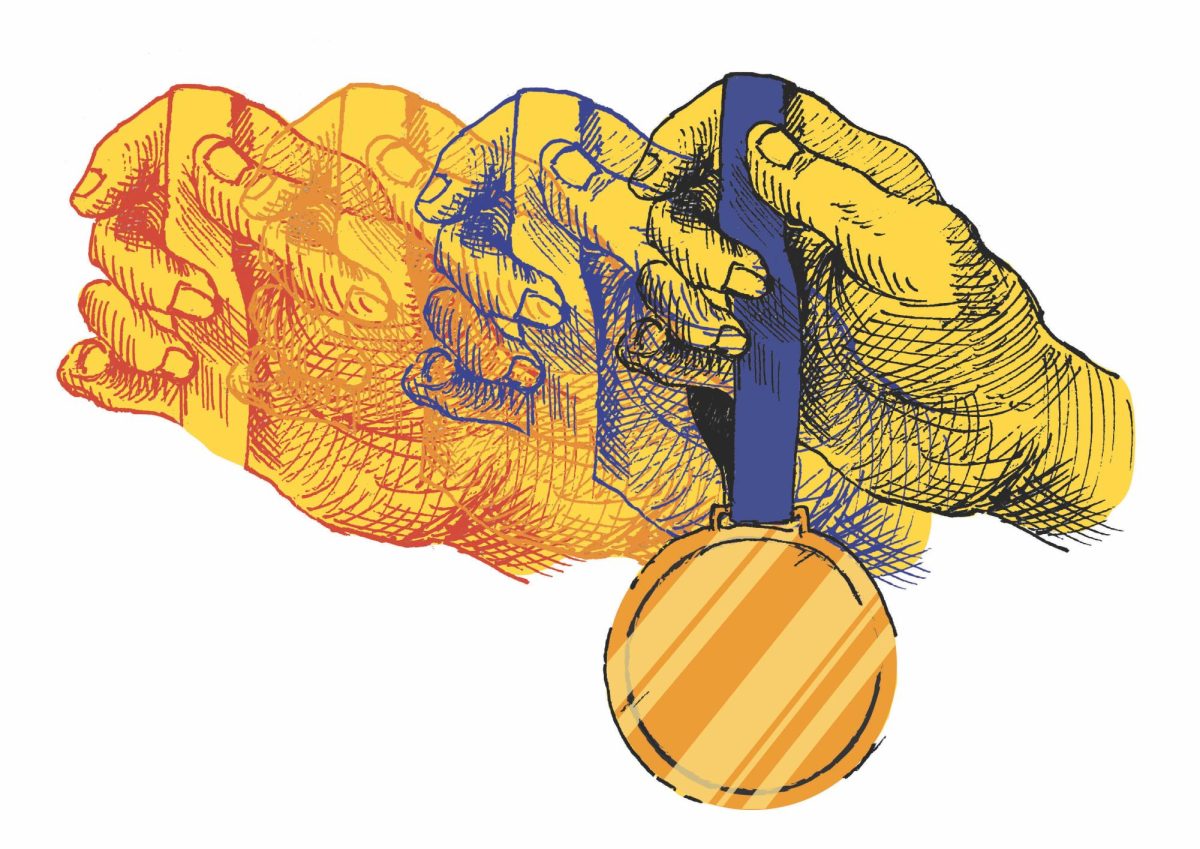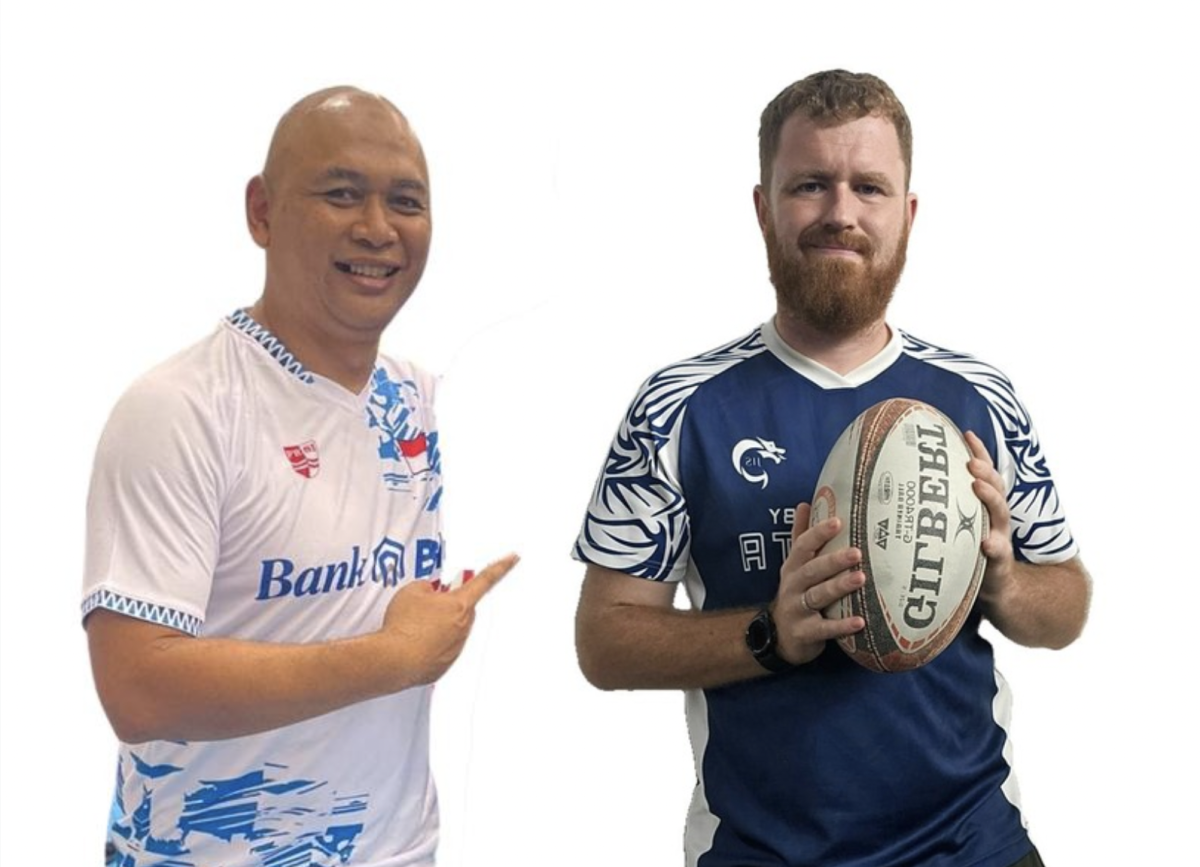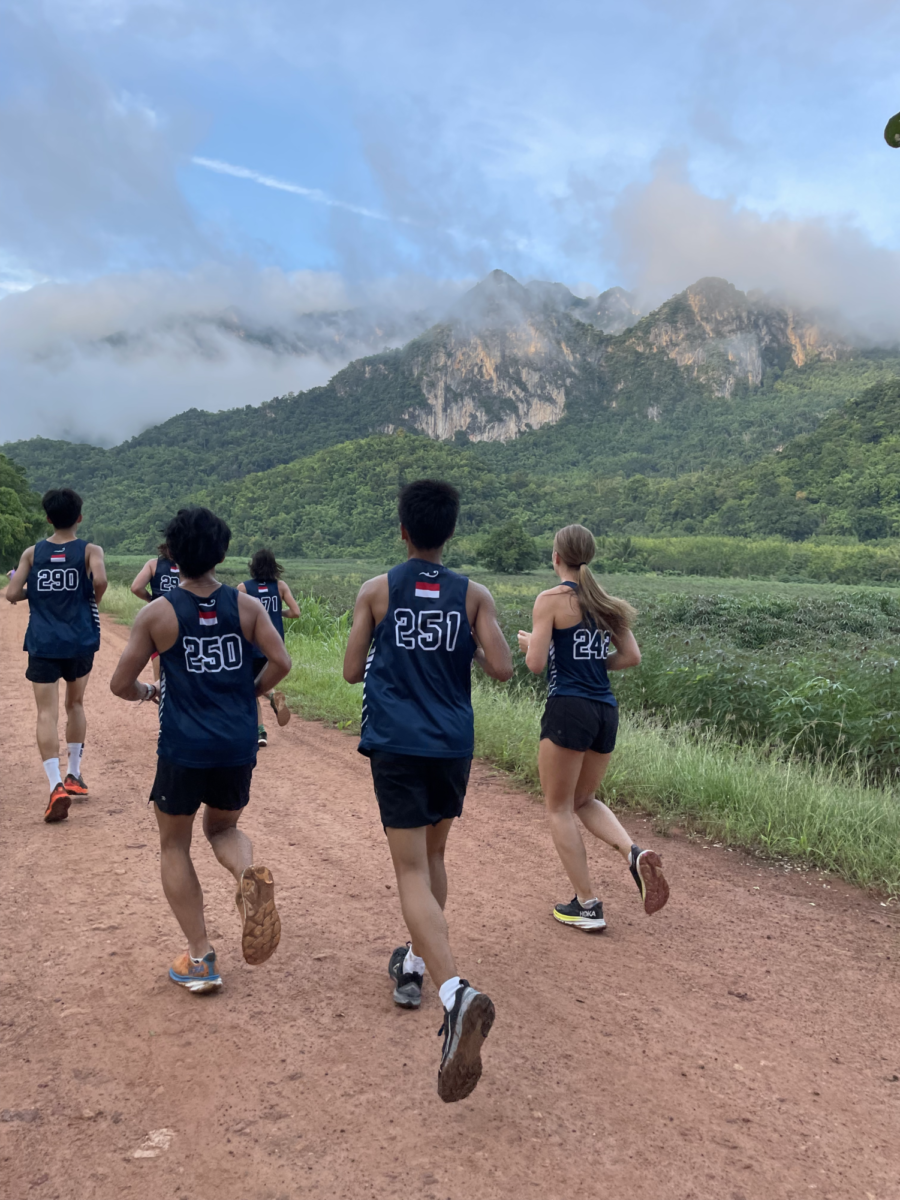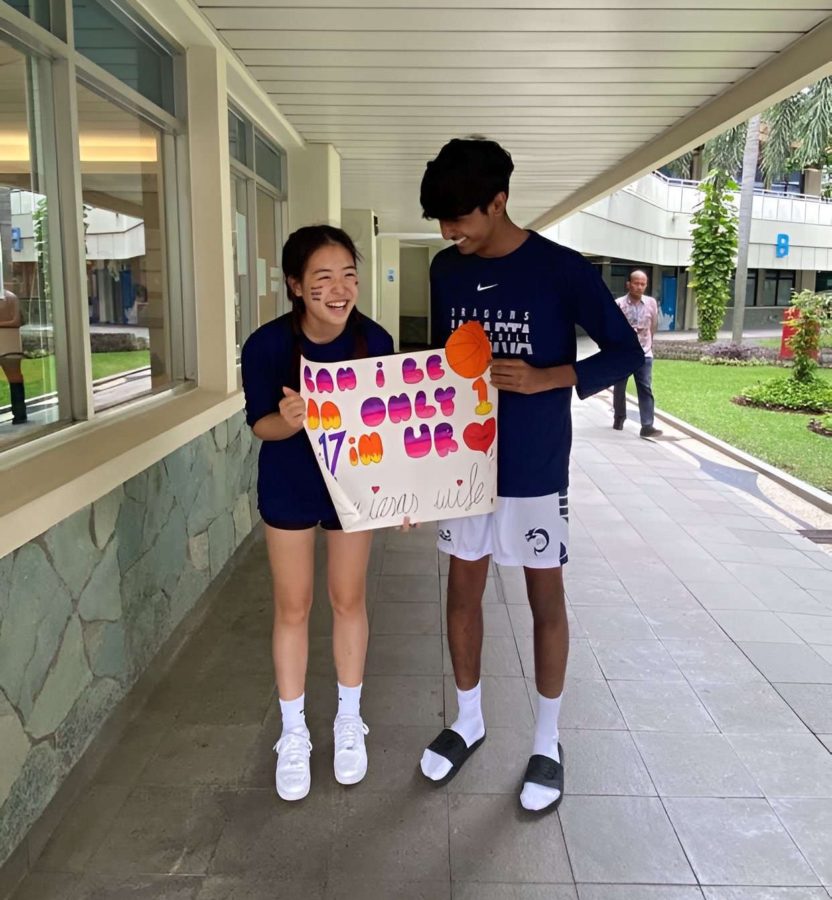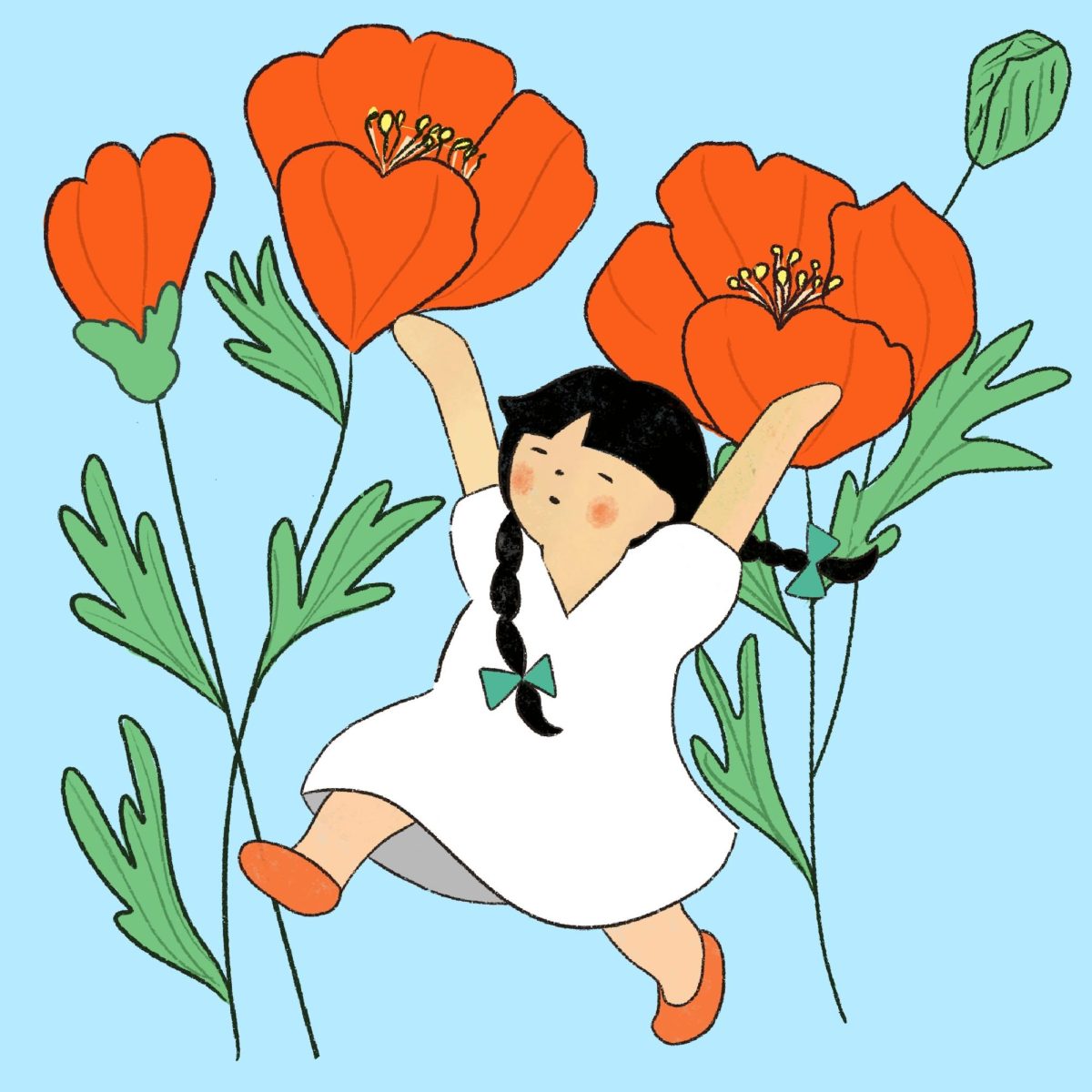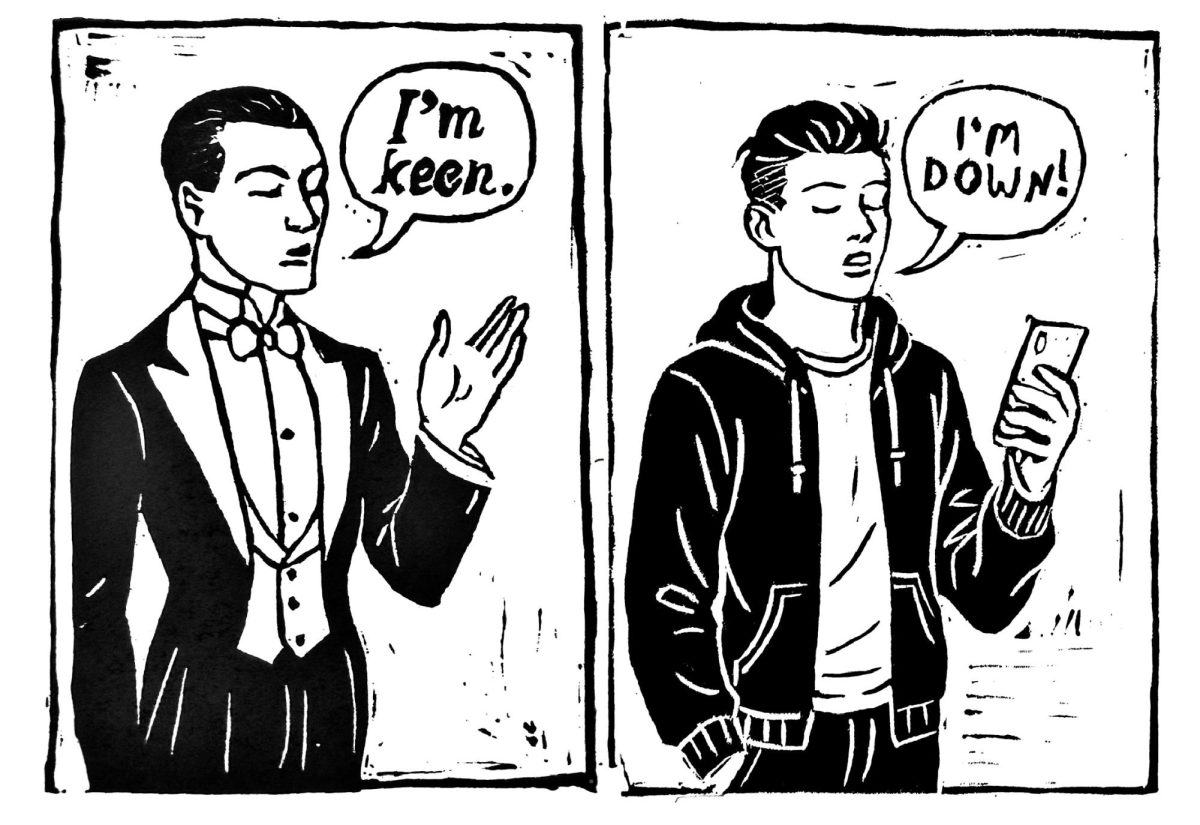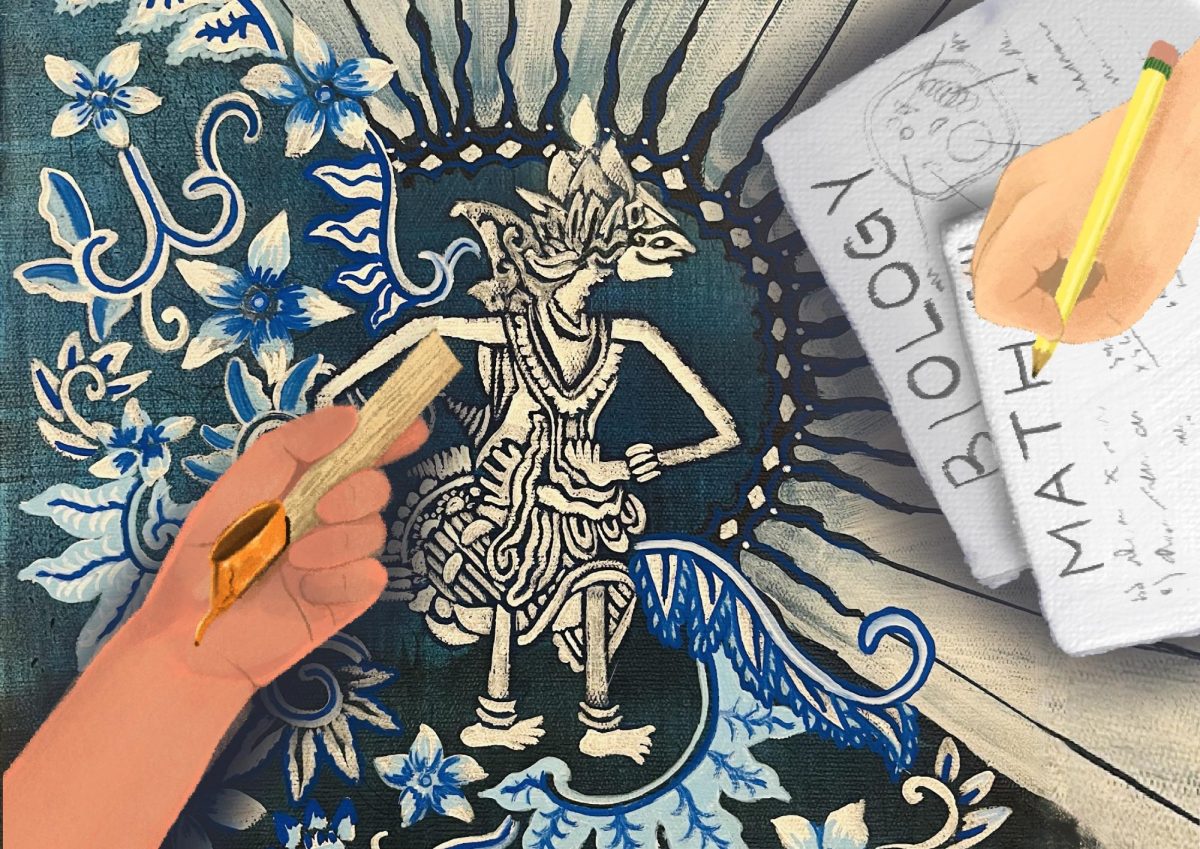Our cultures play a crucial role in shaping who we are, allowing us to stay connected to our country through the languages, traditions, and cultural clothing that are personal to where we come from.
As an intercultural school, JIS in- stills the importance of upholding local cultures through integrating mandatory classes within their curriculums for Indonesian students. From the compulsory Pendidikan Pancasila (PPKN), and Bahasa and Sastra classes, to the optional Indonesian arts classes, JIS proudly expresses its commitment in endorsing Indonesian culture in it’s students.
“We have so many opportunities for students to be better for the nation and the subject,” stated Pak Henda.
Through learning the Indonesian language, civics, and history, we are able to cultivate a sense of personal identity that we will carry with us wherever we go. Despite this, many students struggle to see the immediate and personal relevance of these classes. Indonesian students are required to take language and civics subjects for all four years of high school, which can feel burdensome to those focused on international universities and career paths. It is easy to regard these classes as unnecessary, but in doing so, students miss the opportunity to see the value in these classes.
This mindset, however, overlooks the true value embedded in the Indonesian curriculum.
“[Students] think the subjects are unimportant, that they are a burden,” said Ibu Dossy. “But there is so much knowledge [in them]—every subject holds wisdom.”
For instance, Bahasa Indonesia serves as a unifying language in a country rich with diversity. With over 700 languages spoken across the archipelago, the Indonesian language bridges regional and ethnic differences, fostering communication and cultural exchange. By learning the national language, we obtain more than just linguistic proficiency; we gain access to a deeper understanding of the diverse Indonesian cultural and social customs.
“When I travel around Indonesia, I enjoy speaking with the local people,” Ibu Dossy said. “Speaking Indonesian allows me to learn about their customs, habits, and cultures that differ from my own.”
The mandatory Indonesian curriculum enables us to appreciate the unique cultures and perspectives of our home country, fostering a deeper connection to our shared identity as Indonesians.
“[An Indonesian student’s] identity is rooted in this country,” Pak Jon said. “Without this connection [to Indonesia], we risk losing touch with ourselves.”
The necessary ability to create a more holistic worldview lies in engaging with both local and global perspectives. Mastering Bahasa Indonesia and understanding Indonesian civics are not just about fulfilling school and government requirements but about adopting the culture that shapes who we are. Through understanding this, we should be able to view the curricula as equal and not divided with our other subjects.
As Ibu Sul said, “It is as important to learn your mother tongue as it is to learn any other language.”
The sense of unity that the Indonesian curriculum fosters should not be underestimated. Through it, we gain a sense of pride in our heritage and a stronger understanding of the importance of preserving our culture. This pride helps us not only navigate the challenges of the modern world but also ensures that we remain connected to our origins, representing Indonesia on the global stage with authenticity and respect. “
I hope that students realize the importance of learning about Indonesia—not just as a class requirement, but as a part of who they are,” Pak Ivan said.
Ultimately, the various Indonesian curricula here at JIS offer us the chance to discover who we are as Indonesians. By embracing these subjects and the lessons they bring, we begin to appreciate the depth of our cultural identity. As we look to the future, especially in a global context, losing touch with our Indonesian roots could result in a loss of cultural grounding, leaving us without a clear sense of who we are and where we come from.
Whether we realize it or not, our roots are here, in Indonesia. In a world where we celebrate unity in diversity—Bhinneka Tunggal Ika—knowing who we are is the key to staying grounded while navigating a global future. After all, if we are not able to truly understand our language, traditions, and history, how can we be our most authentic selves?

